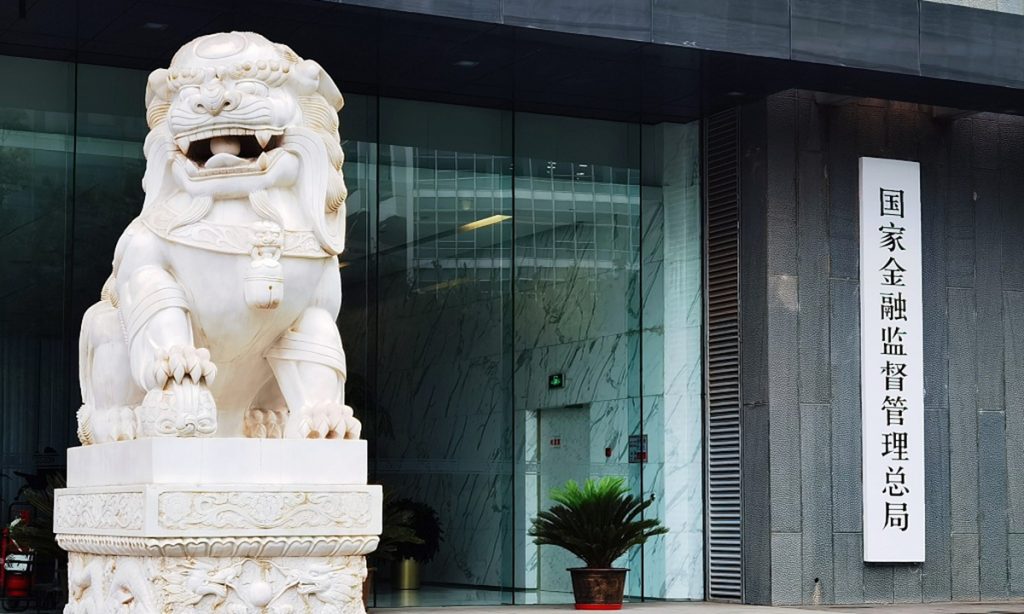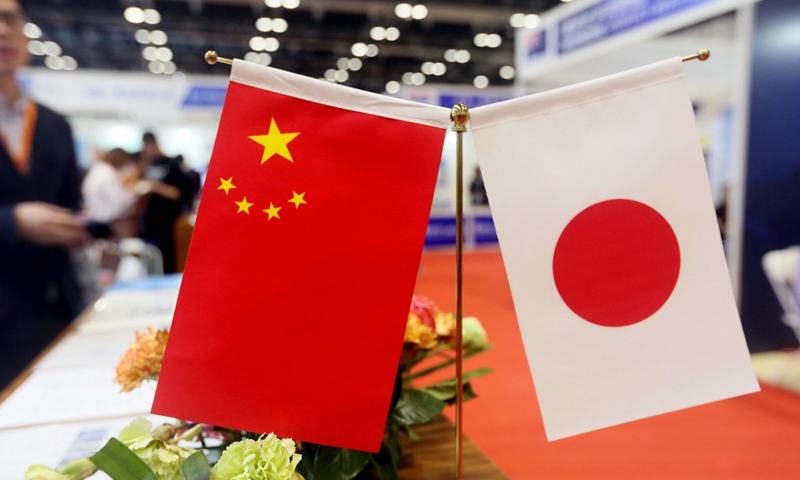China needs strong, effective measures to build it into a financial powerhouse: experts

"To better guard against risks, it is necessary to take an unequivocal stance to deal with market wrongdoings, and financial regulators should clarify their responsibilities and strengthen policy coordination to ensure a healthy financial industry development," Zhang said.
And, promoting self-reliance in technology also requires the support of the financial sector. When financial institutions serve the national strategy, they must sacrifice temporary short-term interests, Zhang noted.
China sent a strong and renewed signal on building itself into a financial powerhouse as part of its efforts to pursue high-quality development of the financial sector.
Chinese leadership said last week that a country with a strong financial sector should have a strong economic foundation, and lead the world in infrastructure, technology and comprehensive national strength.
Such a nation should be backed up by a series of core financial fundamentals, such as a strong currency, a strong central bank, strong financial institutions, strong international financial centers, strong financial supervision, and a high-caliber team of financial talent, according to the Xinhua News Agency.
To be a financial powerhouse shows that China has taken financial development from a strategic perspective, which is unprecedented and shows the central government's emphasis on finance, said Wang Wen, professor and executive dean of the Chongyang Institute for Financial Studies at Renmin University of China.
"We must look at the current difficulties and challenges, for China is not a financial powerhouse yet," Wang said.
It's important for China to boost the yuan's role in international financing in international trade in a bid to pursue high-quality development of the financial sector, said Wang.
"Monetary policy is one of the main means of macro-control and plays a key role in the stable operation of Chinese economy. We must maintain the basic stability of the exchange rate and prioritize a strong currency as the key element of a financial power," Zhao Xijun, a professor of finance at Renmin University of China, told the Global Times.
Zhao underlined that the Chinese yuan's exchange rate should be kept generally stable at a reasonable and balanced level, "because money is also economic language that represents state power and national identity and it can invigorate the capital market and boost investor confidence."
